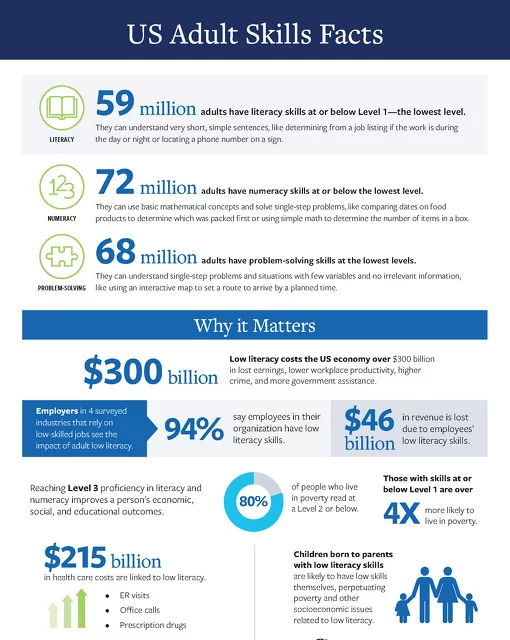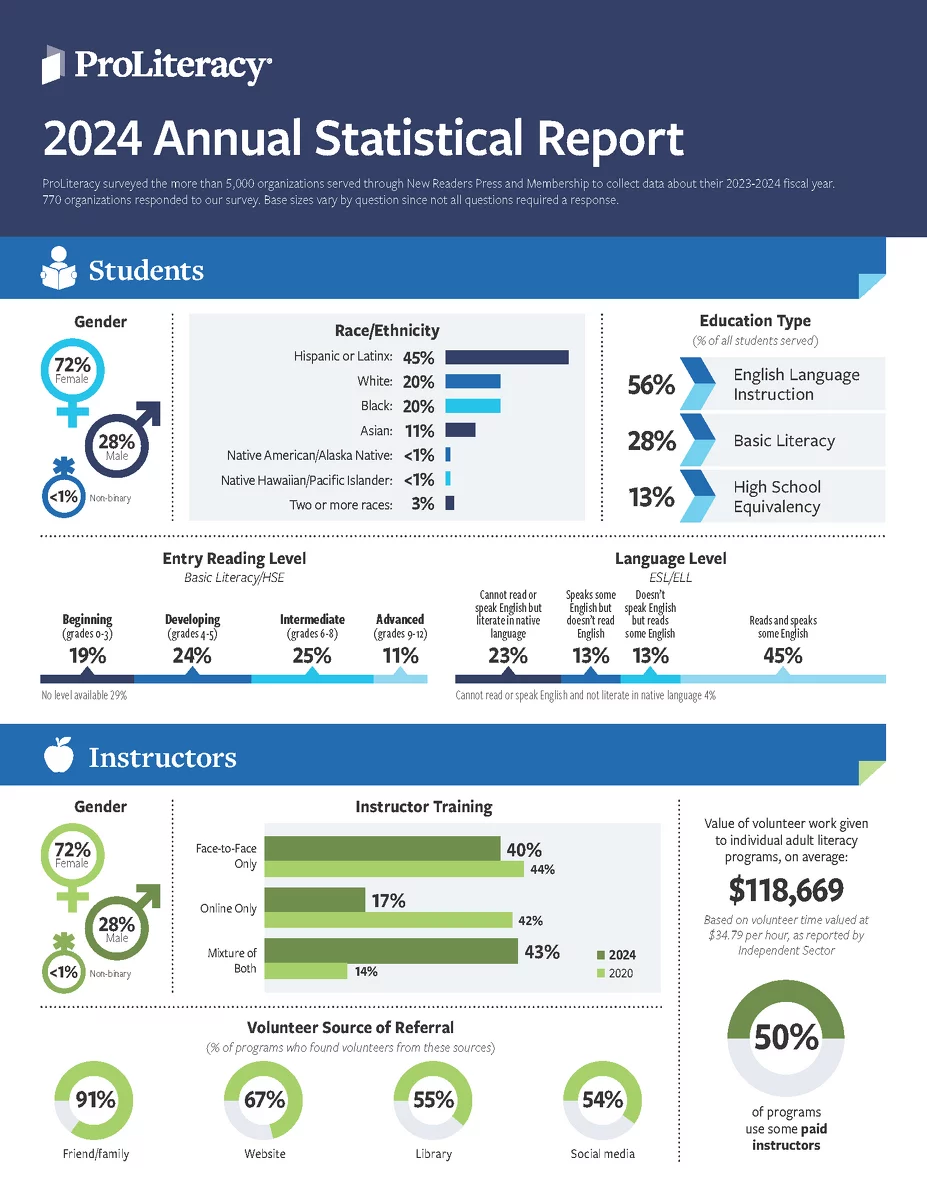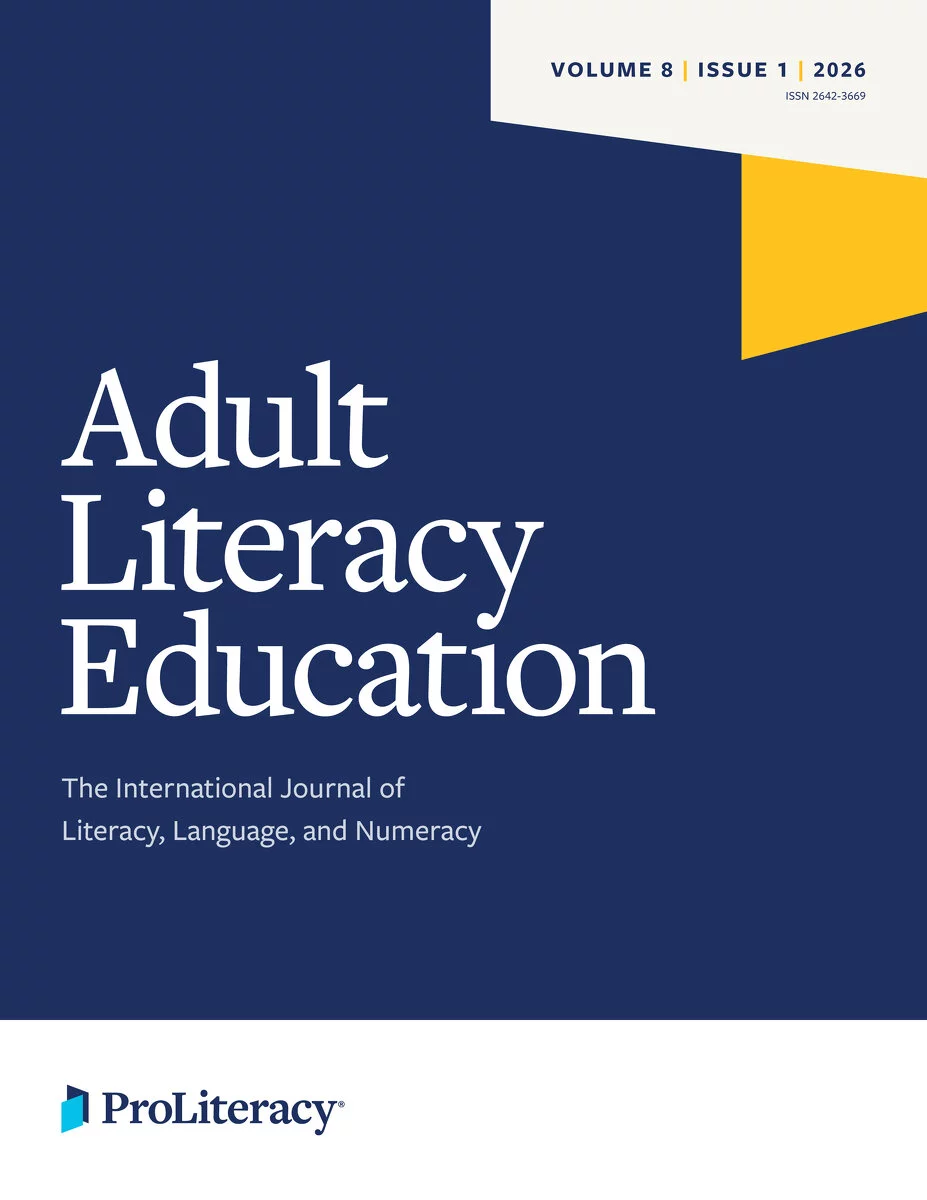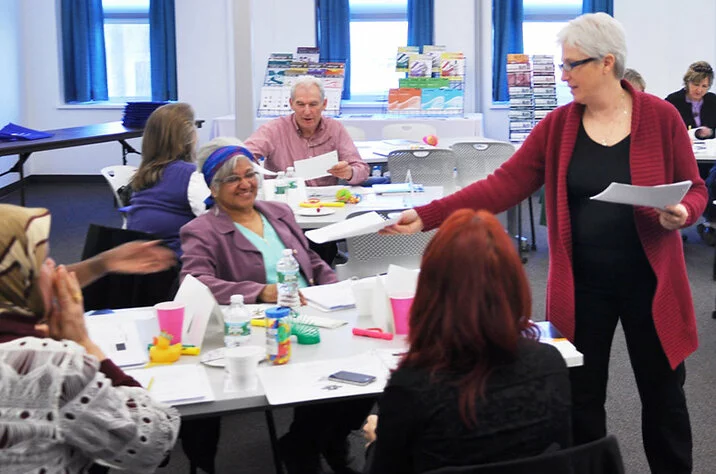College and Career Readiness Approaches in Adult Foundational Education: Directions for Research and Practice
This digest provides an overview of career and college readiness activities that have been delivered in the context of adult foundational education career pathways approaches and what is known about the effectiveness of these activities.







